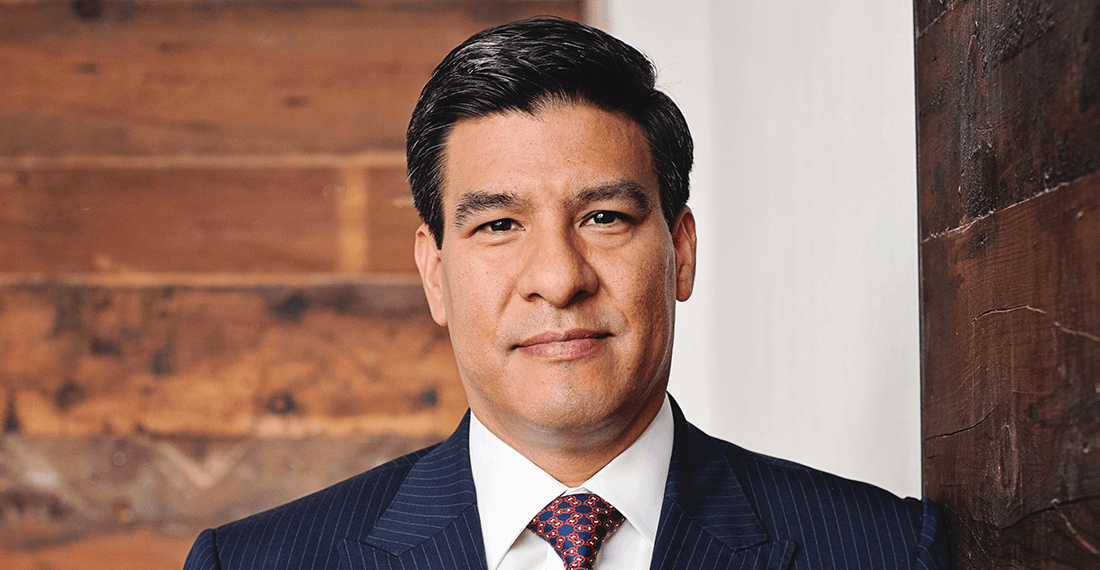Let’s build something together
Bank of America has proudly served El Paso and Southern New Mexico’s banking needs. By listening and responding to the needs of our clients, our teammates provide a wide range of banking and investing services that help individuals, businesses and industries. Through sponsorship and volunteerism, we support partners throughout the Paso del Norte region that advance economic opportunity for our neighbors. Throughout our history and today, we are committed to the economic success of Borderplex by helping to make financial lives better and creating opportunity for all we serve.








